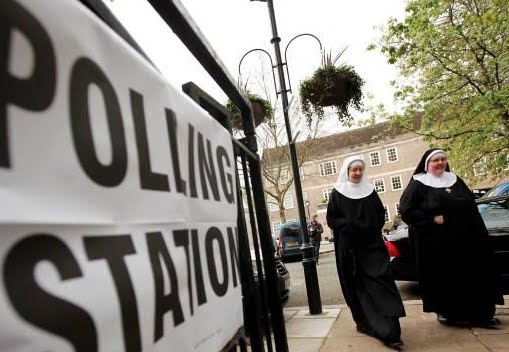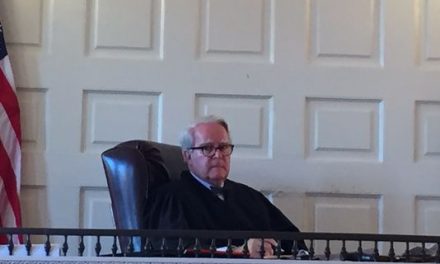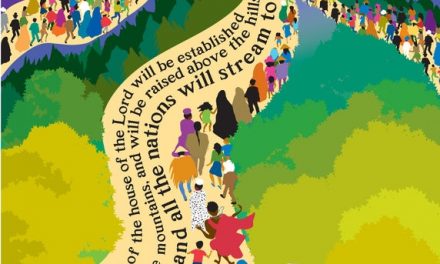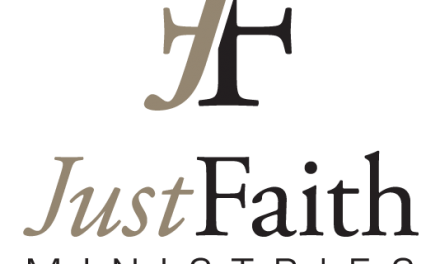I agree with Stephen Pope’s warning in his Commonweal essay, “No Time for Reconciliation”, of “a cheap reconciliation” in the wake of the past election. Thus, I don’t want to criticize so much as to develop one of his points. Pope assumes that there is a Catholic vote. I’m not so sure that this is the case. Obviously, Catholics voted. As Pope notes,
Catholics are 23 percent of the electorate, and 52 percent of Catholic voters cast their vote for Trump . . . . Sixty percent of white Catholics voted for him, as did 56 percent of Catholics who go to church regularly. Trump was supported not just by “low-information” Catholics, but also by “high-information” Catholics; by college-educated white male Catholics along with working-class Catholics. Latino Catholics were the one bright spot.
However, these numbers do not suggest to me a Catholic vote so much as Catholics being defined by other factors and these factors determining their vote.
Pew Research Center’s voter analysis seems to indicate that political party affiliation, race and education level are more closely correlated with voting than religious affiliation. When Pew looks at religion, it does not indicate that religion defines people’s outlooks but that some people’s political outlook includes religion.
Most weekly churchgoers backed Trump over Clinton, 56% to 40%. Those who said they attend religious services more sporadically (i.e., somewhere between a few times a month and a few times a year) were closely divided. And, those who said they don’t attend religious services at all backed Clinton over Trump by a 31-point margin (62% to 31%).
In other words, political world views are defining our religious perspectives rather than our religion defining our politics. Being Republican or Democrat is defining Catholics more than Catholicism is defining political affiliations.
As sad as this is, it should not be too surprising. In American Grace, Robert Putnam noted political parties dominating our thinking about the world. He traced this division back to the issue of abortion and the ensuing culture wars. The resulting divide has not just affected Catholics but Evangelicals, approaches to marriage, and perspectives on higher education. In other words, people use political categories to view the world and everything in it. Everything is subordinated to Republican or Democratic world views, including religion.
For me, of all of Pope’s insights, the most incisive one was his critique of the parish,
The most glaring weakness of American Catholicism is neither the near silence of our bishops nor the divisions within the laity. The more widespread problem is the anemic, impersonal, and “low-impact” character of many of our parishes.
This strikes me incredibly sad, highly troubling, and absolutely correct. Parishes are no longer communities of formation, shaping the world-view of Catholics so that we understood the world in light of God’s command to love God and love neighbor. Unless something is done about parishes, I do not think that we can speak of a Catholic vote where Catholicism is framing politics (a reality that I think would look something like what Julie Hanlon Rubio describes in Hope for Common Ground). Rather, we will have voters, some of whom use Catholicism to support their politics.






Hi, Jason! I just wanted to let you know that I wrote a guest blogpost that goes into some of what you say here (it is primarily a response to Beth’s post, but definitely relates.
http://catholicmoraltheology.com/understanding-the-catholic-vote-white-and-hispanic-catholics-in-2016/